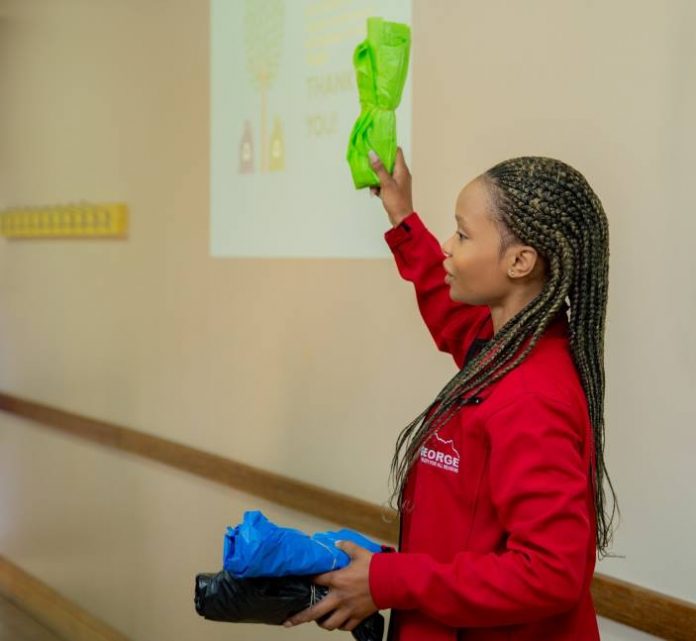
Blue bags are for all types of non-soiled recyclable materials, including plastic, paper, card board, glass etc. (See a detailed list below of items that can be recycled).
Green bags are for green waste, including organic kitchen waste such as fruit and vegetable peels, as well as garden waste, including grass cuttings, leaves etc. No soil is allowed in green bags.
Black bags are for ‘wet’ waste, things that cannot be recycled.
GENERAL
All refuse bags must be put out by 7am on removal day.
Please don’t put bags out the day or night before removal.
Households can put out seven bags per week, in any combination of green, blue and black.
Additional tied bundles of branches are allowed if they are shorter than a meter in length and can be picked up by one person.
Please wrap broken glass in newspaper before placing in bags to prevent injuries to workers.
A pack of 26 black bags are distributed to households quarterly.
ENQUIRIES
Green and blue bags: Interwaste
Physical address: 10 Extension Road, Pacaltsdorp Industrial Area. Phone: 044 878 0688
Black bags: George Municipality Environmental Services
Physical address: 82 Meade Street, George. Phone 044 802 2900
WHAT CAN BE RECYCLED?
Paper that can be recycled: office paper, newspaper and magazines, cardboard (boxes flattened), brown paper bags, take away containers (food removed and rinsed), milk and juice cartons (rinsed and flattened) and books (hard covers removed).
Paper that cannot be recycled: napkins, tissue paper, paper towels, wax paper, laminated or waxy paper, punch confetti, carbon paper and stickers.
Metal that can be recycled: cooldrink and beer cans, food tins (rinsed clean), metal lids of glass, jars, aluminium cans, rusty cans can be recycled and recycled batteries (taken to correct depot).
Metal that cannot be recycled: batteries, motor oil cans, paint and aerosol cans, and tinfoil.
Glass that can be recycled: all colours of glass bottles and jars, beer and wine bottles (rinsed).
Glass that cannot be recycled: mirrors and windows, ceramic, crystal, drinking glasses and light bulbs.
Plastic that can be recycled: all plastics numbers 1-7 (rinsed), grocery and retail plastic bags (clean) and milk sachets.
Plastic that cannot be recycled: cling wrap, and polystyrene (is recyclable but no facility on Garden Route for now).


